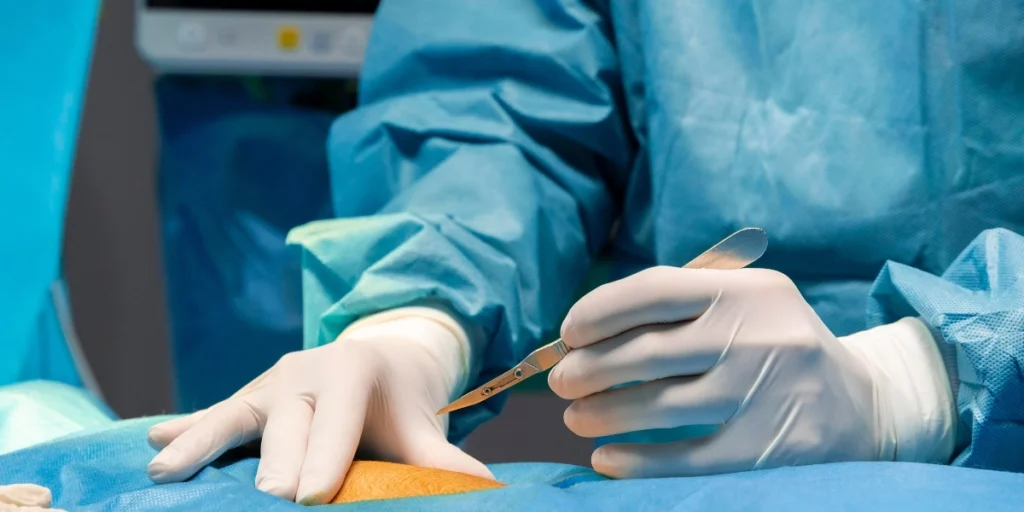
Minimally Invasive Endourology in Bangalore has redefined the approach to treating urological conditions. With advanced techniques, smaller incisions, and faster recovery times, it has become a preferred option for many patients. If you’re considering this procedure, this guide will help you understand the process, benefits, and costs involved. Let’s explore why this cutting-edge treatment is making waves in the medical field.
Minimally invasive endourology focuses on diagnosing and treating urinary tract diseases using advanced technology. It’s a modern alternative to traditional open surgeries, offering precision and efficiency.
In Bangalore, top hospitals and skilled surgeons ensure high success rates with these advanced methods. Patients benefit from state-of-the-art equipment and personalized care plans tailored to their needs.
The process for minimally invasive endourology surgery in Bangalore is straightforward, involving consultation, preparation, the procedure itself, and recovery.
Hospitals offering minimally invasive endourology in Bangalore combine expertise with technology to deliver exceptional care.
Every medical procedure has its risks and benefits. However, minimally invasive endourology surgery in Bangalore is designed to maximize the advantages while minimizing potential issues.
The benefits far outweigh the risks, especially when performed by experienced surgeons using the latest technology. Hospitals in Bangalore prioritize patient safety, ensuring you’re in good hands.
Patients undergoing minimally invasive endourology surgery in Bangalore experience a faster recovery compared to traditional surgeries.
Most patients return to normal activities within a few weeks. With proper post-operative care, the long-term outlook is excellent, with minimal chances of recurring issues.
One of the most common questions patients ask is about the cost. The cost of minimally invasive endourology surgery in Bangalore varies based on several factors, including:
On average, the minimally invasive endourology cost in Bangalore ranges from ₹1,00,000 to ₹2,50,000. This is often more affordable compared to international costs while maintaining world-class standards. Consult your doctor for a personalized estimate based on your specific needs.
Bangalore’s reputation as a medical tourism destination stems from its:
Whether it’s for kidney stones or prostate surgery, Bangalore offers unparalleled options for minimally invasive procedures.
It’s crucial to monitor your recovery and know when to seek medical help. Contact your doctor immediately if you experience:
These symptoms could indicate complications that require prompt medical attention. Early intervention ensures a smooth recovery.
Minimally invasive cardiac surgery in Bangalore typically costs between ₹2,50,000 and ₹5,00,000. The price depends on the hospital, the surgeon’s expertise, and the specific procedure. Discuss your condition with a trusted doctor to get an accurate estimate and plan your finances accordingly.
Minimally invasive urologic surgery uses advanced techniques to treat urinary tract issues with minimal cuts. Procedures often involve small incisions and specialized tools, leading to less pain, faster recovery, and smaller scars. Common treatments include kidney stone removal and prostate surgeries. It’s a modern and effective alternative to traditional open surgeries.
Yes, minimally invasive surgery is better for many conditions. It offers reduced pain, faster recovery, smaller scars, and lower risk of complications compared to traditional methods. However, its suitability depends on your specific medical condition. Always consult a specialist to determine the best treatment for you.
Dr. I R Ravish Leading Urologist in India, renowned for expertise in advanced urology treatments and care.
Copyright © 2025 Best Urologist. All rights reserved.
© Designed and Developed By Cloudstar Digital
